Social-emotional learning
Students don’t learn only during the school year, and academic growth trajectories can change as students move from kindergarten through high school. Academic growth patterns across time—both in school and during the summer—can differ for various groups of students, and those patterns can influence academic achievement gaps. Our research advances understanding of seasonal learning patterns, summer loss, and school and non-school contributions to student growth.
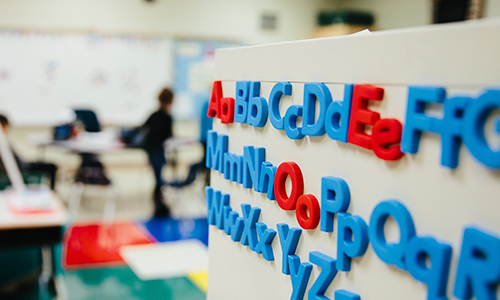

English Language Learners, self-efficacy, and the achievement gap
Learn more about the relationship between self-efficacy and the persistence of achievement gaps for English Language Learners.
By: James Soland
Topics: Equity, English Language Learners, Social-emotional learning
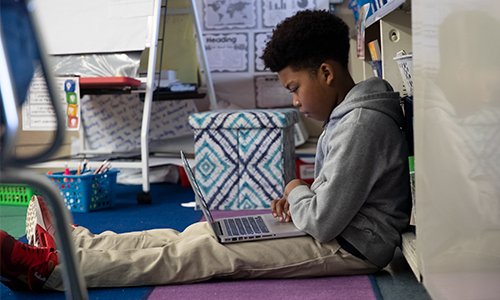

Are achievement gap estimates biased by differential student test effort?
New research shows that test effort differs substantially across student gender and racial subgroups. What does this mean for achievement gap estimates?
By: James Soland
Topics: Equity, School & test engagement, Social-emotional learning
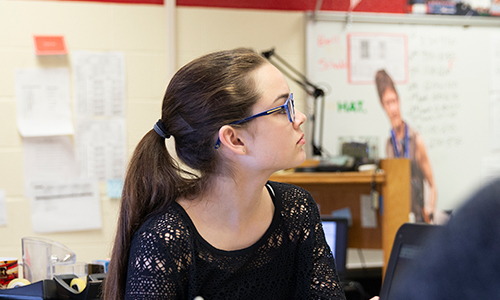

Do students’ social-emotional learning (SEL) skills in middle school predict being off-track to graduate high school?
By: James Soland, Megan Kuhfeld
Topics: Growth modeling, High-growth schools & practices, Social-emotional learning
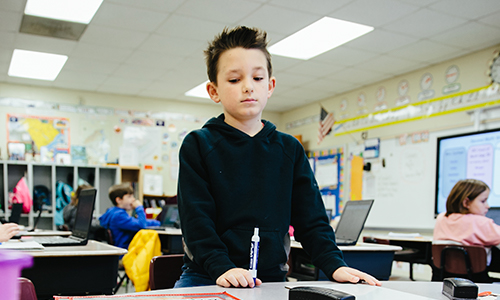

Is social-emotional learning (SEL) a set of discrete skills or a broader competency? New research provides insights.
By: Megan Kuhfeld
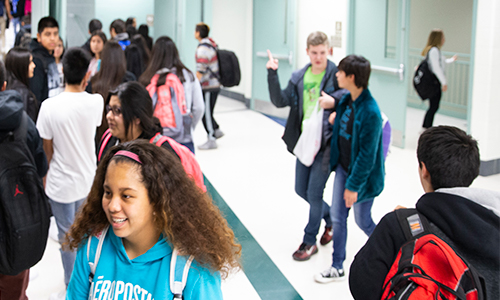

Social-emotional learning competencies are important for student success, but are they stable over time? This study explores this question and the implications for teachers and schools.
By: James Soland, Megan Kuhfeld, Emily Wolk, Sharon Bi
Topics: Measurement & scaling, Social-emotional learning, Student growth & accountability policies
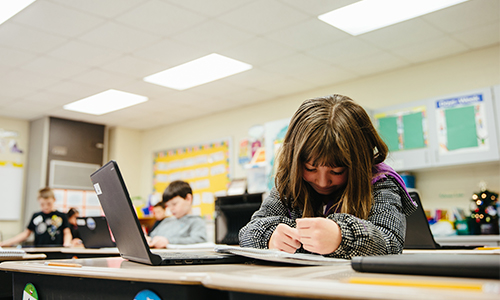

Can item response times provide insight into students’ motivation and self-efficacy in math
What can we glean about students’ social-emotional learning from how long they spend on math test questions? New research shows promise and limitations of using response time metadata to measure SEL.
By: James Soland
Topics: School & test engagement, Math & STEM, Social-emotional learning


In this study, repeated measures of math achievement and self-efficacy are used to fit a variety of latent curve models that jointly estimate growth in both constructs.
By: James Soland
Topics: Student growth & accountability policies, Growth modeling, Social-emotional learning


